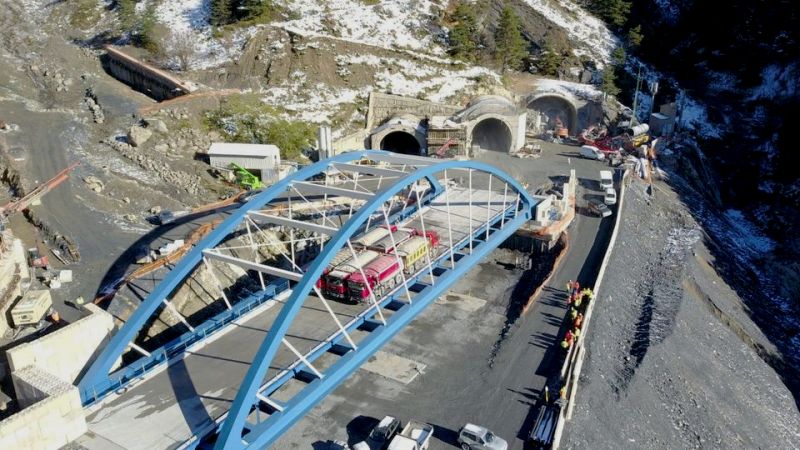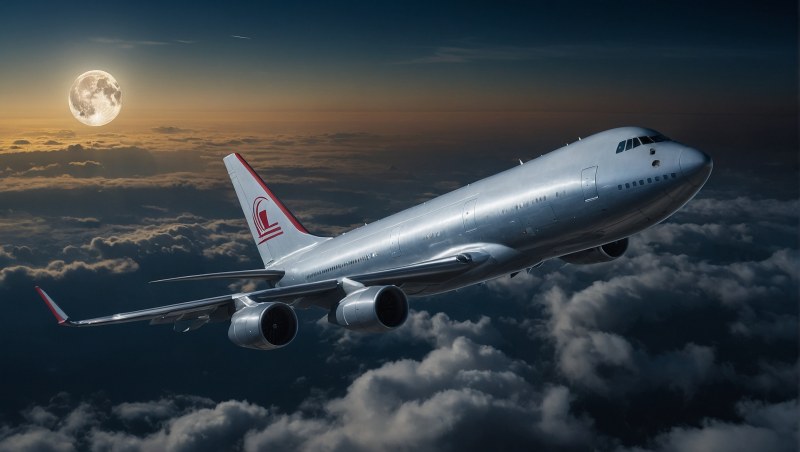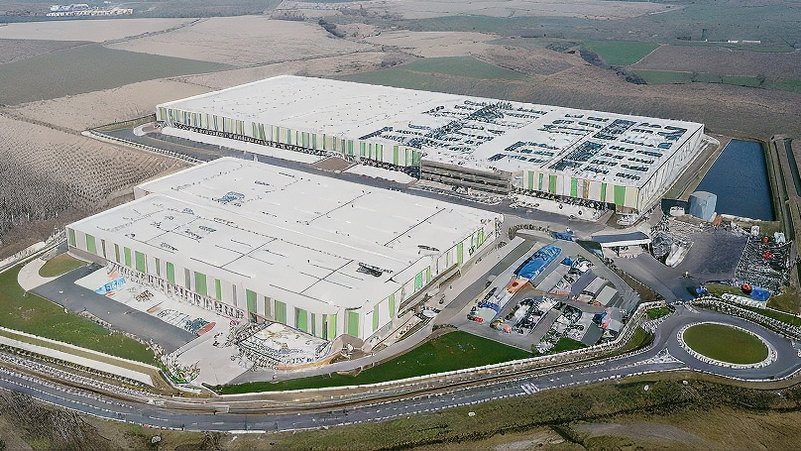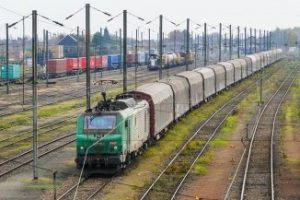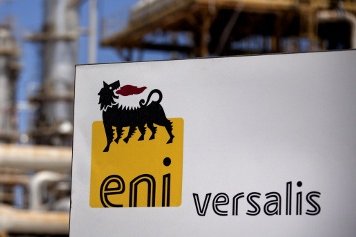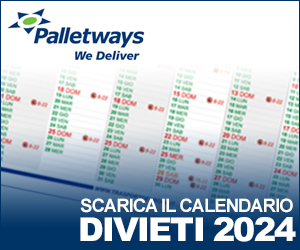The tumultuous corporate saga of Fret SNCF, France's leading freight railway company, has not been the only shadow over the sector's future; intermodal operators are now also viewing 2024 with less optimism. This sentiment emerges from a survey conducted by the Groupement National des Transports Combinés (Gntc), a non-profit professional organization representing the entire combined transport sector in France. It brings together around seventy operators and carriers of combined transport, as well as platform managers, ports, and companies specializing in leasing.
Just under half of the operators surveyed, specifically 46.7%, expect further market conditions to worsen, while a small minority, 10%, sees positive signs. This cautious attitude is also reflected in corporate decisions, with 63.3% planning to suspend investments during 2024, and over 70% opting not to hire new staff.
Following a positive 2022 for the sector, operators in 2023 had to contend with particularly critical events, such as strikes related to pension system reform that deprived the sector of many professionals, including train drivers, maneuvering staff, and inspectors. This led to the cancellation of numerous trains, pushing clients towards road transport. The surge in electricity costs also affected the competitiveness of rail intermodal transport. The 2023 balance sheet for combined transport in France closed with a 20% decline compared to the previous year, which had seen a good performance.
Furthermore, the second half of 2023 saw the interruption of the transborder Frejus line between Italy and France via Modane. Much traffic was lost because alternative routes never proved sufficiently efficient or attractive. Moreover, in recent years, the Frejus railway has primarily served the transport of hazardous goods through the rolling highway with two specialized Modalohr platforms in Orbassano and Aiton.
Despite these uncertain prospects, some believe it is essential to invest to reverse the trend. For example, the Open Modal group is ready to open an intermodal terminal for swap bodies and containers in Miramas, located just north of Marseille and a critical freight center, including for rail. With an investment of over 30 million euros, the facility will eventually handle up to 400 intermodal transport units per day, equivalent to four 850-meter long trains entering and exiting the terminal.
The Open Modal group, established in 2013 near Montpellier in southern France, consists of the transport company TAB Rail Road (with its fleet of over a thousand swap bodies), the combined transport operator T3M, the railway company Combirail, and the terminal management company BTM.
Piermario Curti Sacchi



